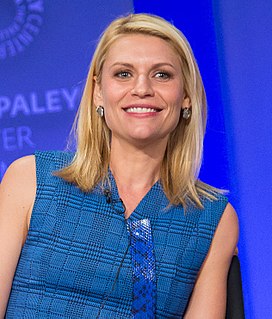A Quote by Jon Taffer
When I went to college, I really became interested in cultural anthropology. Our behavior isn't that different from other primate species'.
Related Quotes
None of the three great apes is considered ancestral to modern man, Homo sapiens, but they remain the only other type of extant primate with which human beings share such close physical characteristics. From them we may learn much concerning the behavior of our earliest primate prototypes, because behavior, unlike bones, teeth, or tools, does not fossilize.
I went to college to study drama where I discovered I had no talent and after a period of dropping out majored in cultural anthropology which of course meant more masks and dancing. I studied what interested me and so I had to become a writer because my education had left me unsuited for a decent well-paying job.
It must be stressed that there is nothing insulting about looking at people as animals. We are animals, after all. Homo sapiens is a species of primate, a biological phenomenon dominated by biological rules, like any other species. Human nature is no more than one particular kind of animal nature. Agreed, the human species is an extraordinary animal; but all other species are also extraordinary animals, each in their own way, and the scientific man-watcher can bring many fresh insights to the study of human affairs if he can retain this basic attitude of evolutionary humility.
Humans like to think of themselves as unusual. We've got big brains that make it possible for us to think, and we think that we have free will and that our behavior can't be described by some mechanistic set of theorems or ideas. But even in terms of much of our behavior, we really aren't very different from other animals.
Kids have *_____ never* taken guidance from their parents. If you could travel back in time and observe the original primate family in the original tree, you would see the primate parents yelling at the primate teenager for sitting around and sulking all day instead of hunting for grubs and berries like dad primate. Then you'd see the primate teenager stomp up to his branch and slam the leaves.
For no sooner had I begun to read this great work [Frasier, The Golden Bough ], than I became immersed in it and enslaved by it. I realized then that anthropology, as presented by Sir James Frazer, is a great science, worthy of as much devotion as any of her elder and more exact sister studies, and I became bound to the service of Frazerian anthropology.
My aim is to advocate that we make this mental switch in respect of our attitudes and practices towards a very large group of beings: members of species other than our own - or, as we popularly though misleadingly call them, animals. In other words, I am urging that we extend to other species the basic principle of equality that most of us recognize should be extended to all members of our own species.



































